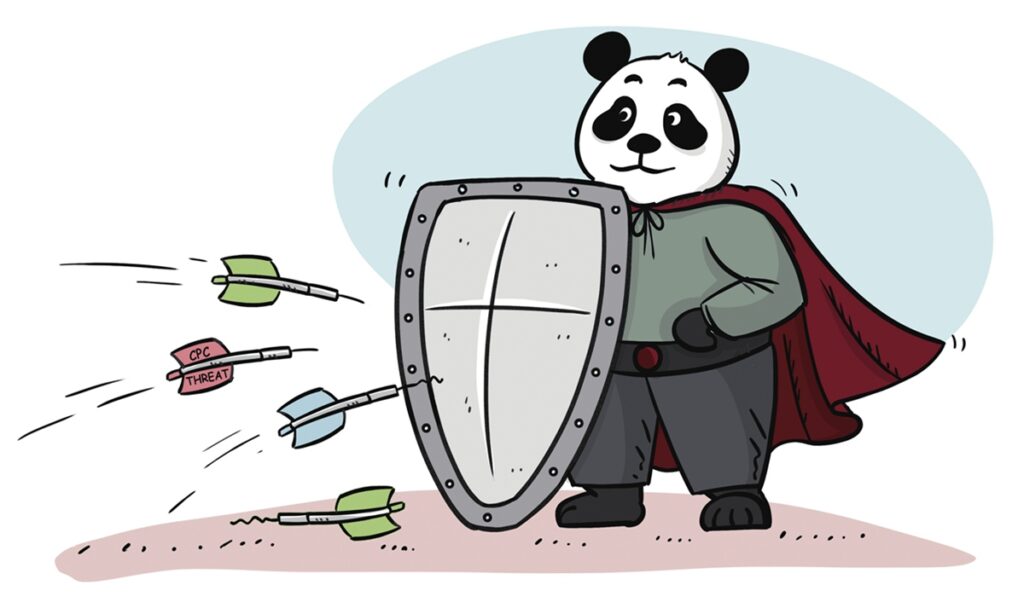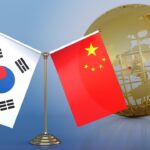The US and the West have always had a condescending manner toward the rest of the world, including China, anxious that an affluent and powerful China will jeopardize the West-led order. Their delusion that China can create handsome profits for Western countries without defending its own rights and interests is purely wishful thinking.
The Financial Times on Monday posted an article written by Gideon Rachman, the media outlet’s chief foreign affairs commentator, entitled “Stopping China’s growth cannot be a goal for the West,” which sparked wide attention.
It concluded that “it is crucial for the US and the EU to be clear – to themselves and others – that their goal is not to prevent China from becoming richer. It is to prevent China’s growing wealth from being used to threaten its neighbors or intimidate its trading partners.”
The point sounds sensible but is still flawed as it assumes the US and the EU have the moral foundation to judge how China uses its growing wealth. Is the West capable and qualified to prevent China from becoming richer? This article embodies the West’s twisted mindset toward China. As the US and some Western countries have labeled Beijing as their strategic opponent or even a “threat,” they wish something negative, preferably a collapse, would happen to China with a gloat mindset, such as an economic recession or raging COVID-19 infections. But meanwhile, since the world has become a global village, given China’s vast size, the West is worried that China’s possible economic slowdown will drag them down.
Objectively speaking, even from the perspective of the West, a prosperous China is needed. In the context of globalization, just as Rachman wrote, “if you will China to go into recession, you are quite close to wanting the world to also slide into recession.” If China falls into trouble, the world will not escape. This is an inevitable outcome.
Unfortunately, however, some Western politicians and elites cannot rationally and objectively view China. Matters such as economy and epidemic have to be politicized, weaponized, and ideological. Such a mentality is unsound.
The West is pretty confused in how to deal with China. In their opinion, China’s prosperity is given by the West, while with China’s rise, the West believes that a rich China poses a challenge to them in terms of strategic culture and global order layout.
On the one hand, the West has benefited from the economic reciprocity with China. On the other hand, some Western elites are anxious that China does not follow the West’s baton. For the US, its strategic considerations in China policy are overwhelming, and all these factors such as economy, people-to-people exchanges, and epidemic are all put into its overall strategic competition with Beijing.
This is US elites’ way of handling China-related issues, but not necessarily the way of other Western countries. The West has fallen into such a plight toward China: It is reluctant to see the recession of China’s economy as it would impair theirs; meanwhile, they are unwilling to see China’s strategy weaken the West’s dominant position of today’s international order. This dilemma has always tormented the Western elite.
China is a country whose history, tradition and culture completely differ from the West’s. China has no intention of threatening any country, or seeking regional and global hegemony. China is willing to conduct friendly exchanges and engage in dialogue with other countries on an equal footing. But apparently, the West does not want to see a China that can be on an equal footing with the West.
Rachman’s op-ed piece also demonstrates that “the only language that the US and European countries can understand is real interests and power that cannot be distorted or misinterpreted in other ways. Hence, China’s top priority is to develop its economy and boost its real strength,” said Shen Yi, a professor at Fudan University.
The challenge facing the West is how to communicate with China on an equal footing, rather than force China to obey the rules set by the West. The West should seriously adjust its mentality in this regard.
(Global Times)




